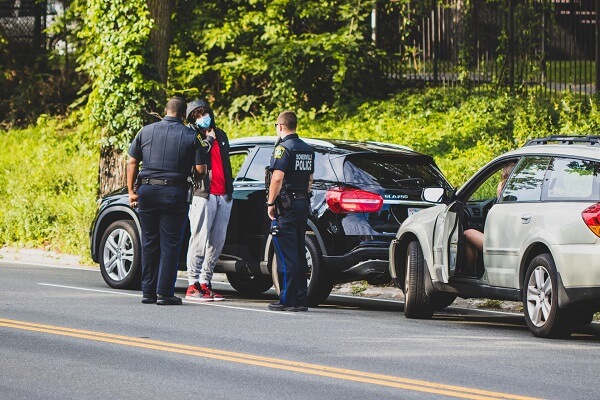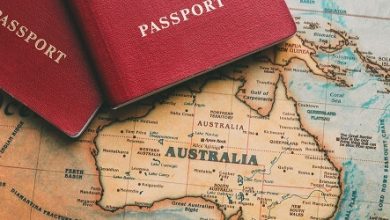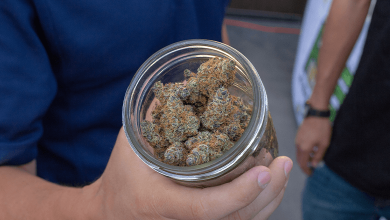Six Things to do if you are in a Car Crash

No-one ever expects to be involved in a car crash, but unfortunately having an accident on the road is a common occurrence.
A minor bump or a serious accident can occur at any moment, but shock and injury can often make it hard to remember what exactly happened.
Below are the top six things you should do if you have been involved in a car crash.
- Stop the Car
No matter how minor you think the accident is, you should always stop your car in a safe place if possible. Failing to stop after a crash is an offence under the Road Traffic Act.
Ensure your car’s engine is turned off and then turn your hazard lights on to alert other drivers of your presence. If the crash is major, call the police straight away.
If there are no injuries and the car is driveable, make a reasonable effort to move it to a safe spot which isn’t blocking traffic, like a roundabout exit.
- Take down driver information
When you’re involved in a car accident you’re obligated to give your name, address and phone number to anyone else involved.
Once you have stopped your car and turned the engine off, you should share your details with any other parties involved, and get their details too. If you have hit a parked car, you should leave your details on the windscreen.
Try to avoid saying sorry or accepting the blame for the accident until you know exactly what happened as it could count against later down the line. Although it may be difficult, try not to react in the heat of the moment.
If someone leaves the scene without sharing their details, you should call 999 immediately.
- Record other information
Some other important information you should try to collect at the scene of the accident include:
- The registration number of all vehicles involved, plus a note of the make and model of the car
- The time and date of the crash
- The location of the crash
- A description of the weather conditions, plus anything unusual you notice about the road or lighting quality
- A list of damaged vehicles, and any injuries sustained by drivers, passengers or pedestrians
It may be useful to take some pictures of the vehicles if possible, as they can be used as evidence when submitting your claim.
- Check for injuries
Check everyone who is involved in the crash to see if they have any injuries, including yourself. Be cautious, not all injuries can be seen and you may have suffered from whiplash. If you or anyone isn’t feeling 100%, such as feeling dizzy, call the emergency services immediately.
Be ready to give the following information:
- Who? The dispatcher will ask for your personal details in case the authorities need to get more information from you at a later date.
- What? Tell the dispatcher as much as you can about the accident, this includes whether there is a fire, traffic hazard or medical emergency.
- Where? Give the exact location of where the crash happened. Give the city, road name, road signage, direction of travel and anything else such as landmarks which may help the dispatcher know how to find you.
- Report the crash to your insurer
Ideally, you should report the crash to your insurance provider as soon as possible. Failure to do so within a certain time period detailed in your policy may invalidate your cover, leaving you with more than just the excess to pay.
If you have swapped information but the other party involved refuses to share their insurance or drives away, information that is held on the Motor Insurance Database (MID) can be used to identify the insurer and the policyholder of the vehicles involved, which can be used to facilitate the claims process.
Be sure to take down the other drivers registration, as your insurance company will use this to check their car and insurance details.
- Look after yourself
While the actual crash can be upsetting, dealing with aftermath can be just as bad. In the hours or days after the crash you may still feel shaken up, and you have a variety of emotions from guilt to anger, especially if you feel the crash was avoidable.
Remember, these feelings are normal and they will pass overtime. Once the car has been repaired, and the insurance companies are dealt with, most crashes become an afterthought.
Don’t feel scared or embarrassed to talk to people about the crash, expressing how you feel, whether this is a few days or even a few months after the crash.
If you are still unsure of what to do after an accident, you can contact your insurance provider who will talk through all the necessary steps you need to take. Different insurance policies may differ from others, so it’s always worth checking their crash policies, as well as your own personal excess claims.












